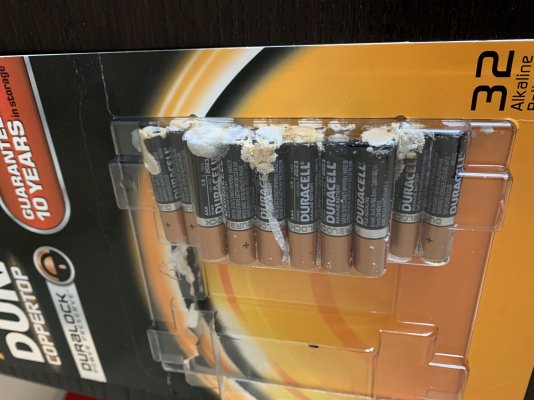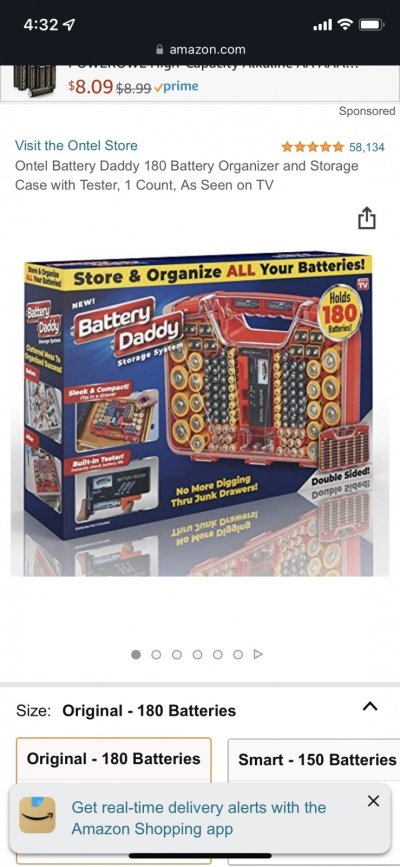Updated August 31, 2022
None of the Li-ion batteries we tested passed muster in our long-term capacity tests—their performance had plummeted by the 50th charge cycle—but their measured voltage averaged well above 1.5 V, making them suitable for any device that needs the extra power. In general, NiMH batteries start out at 1.5 V but quickly drop down to 1.2 V while in use...
Our lithium AA picks’ short-term capacity measurements were promising, and they even slightly exceeded their listed capacity ratings at first. However, like all the Li-ion batteries we tested, their long-term capacity measurements were dismal. The black EBL batteries averaged 2,411 mAh after three charge/discharge cycles and 752 mAh after 50 cycles (a 69% drop), whereas the red EBL batteries averaged 2,360 mAh early on and 596 mAh long term (falling 75%).
Our Li-ion AAA picks—the black-labeled EBL Li-ion AAA 900 mWh and the red-labeled EBL Li-ion AAA 1,200 mWh—are the miniature versions of our Li-ion AA picks. Like their larger siblings, they exceeded expectations in our short-term capacity tests, with the black ones retaining 934 mAh on average after three charge/discharge cycles and the red ones averaging 1,192 mAh. Both performed abysmally in our long-term tests (which, again, was disappointing but in line with the performance of other Li-ion batteries we tested), averaging just 244 mAh (a 74% decline) and 241 mAh (an 80% drop), respectively, after 50 charge/discharge cycles.
Source:
https://www.nytimes.com/wirecutter/reviews/best-rechargeable-batteries/


